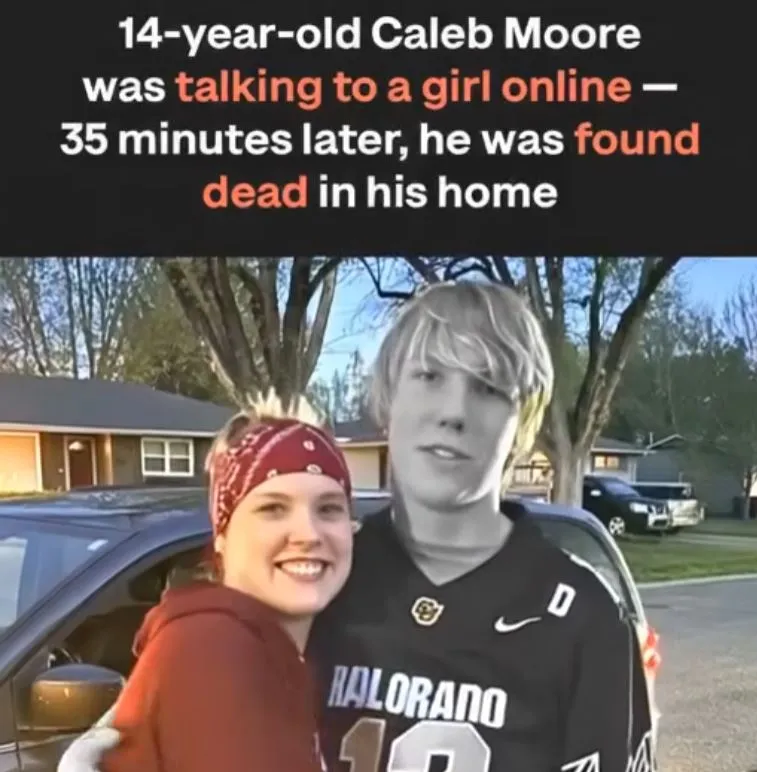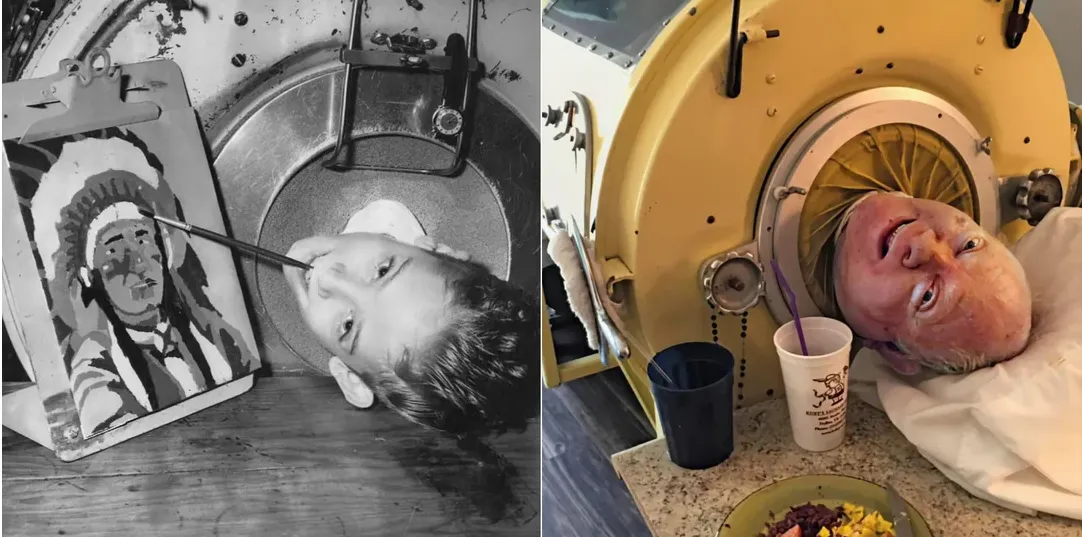He came back from Iraq carrying wounds that could never fade. His skin was burned, his face forever changed, his hands no longer whole. The pain was constant, but even heavier was the quiet question that haunted him: Who am I now?

Tyler Ziegel had been a Marine — strong, fearless, ready to give everything for his country. In 2004, during a mission in Iraq, a suicide bomber detonated near him. The blast tore through his body. More than 40% of his skin was burned, his skull and face shattered. Doctors weren’t sure if he would survive the night.
But he did.
What followed were years of surgeries — over fifty in total. Skin grafts. Reconstructive procedures. Endless hours of rehab. Every movement hurt. Every glance from a stranger reminded him of how much had been taken from him.
Yet, through all of it, there was one constant: Renée Kline. She had been there when he was barely conscious, when he needed help to eat, to walk, to simply exist. She made him laugh when the pain was unbearable. She reminded him he was still the man she loved.
In 2006, Tyler and Renée stood together in front of family and friends, exchanging vows. It was more than a wedding — it was a triumph, a declaration that love could survive the worst. People who knew Tyler believed that if anyone could rebuild their life after war, it was him.
But some wounds are invisible.
As the months passed, Tyler began to feel the weight of a world that didn’t understand him anymore. Crowds stared. Strangers whispered. He no longer recognized the man in the mirror. Even the home he had fought so hard to return to felt foreign. Depression crept in quietly, and the love that had once been his anchor began to drift.
Just a year after their wedding, Tyler and Renée divorced. Those close to him said he smiled less, spoke less. The war was over, but the battle inside him raged on.
On December 26, 2012, the news came: Tyler had died at just 30 years old, from an accidental poisoning. For those who loved him, it felt like losing him all over again.
Today, Tyler’s story is not just one of sacrifice and tragedy — it’s a reminder. A reminder that for many veterans, the fight doesn’t end when they leave the battlefield. Sometimes, it begins the moment they come home. And it’s a fight they can’t win alone.



